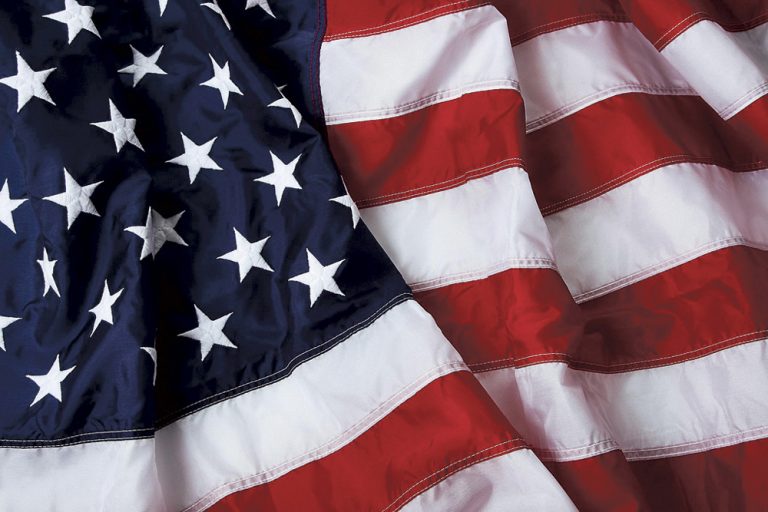
Andrew Melese
The general education requirements for a University of California, Santa Barbara student include exactly one course in American History; is that enough? Having considered this, do people know enough regarding their country’s recent history? If not, does UCSB have an obligation to put forth some attempt to adjust for such a knowledge deficit?
The sad reality is that many have misguided or simply erroneous views regarding recent American history, which leaves them susceptible to making hazardous conclusions when decision-making in life — such as whether or not voting matters. Let me offer an example: I happen to have an pre-occupation (because that sounds better than obsession) with three American presidents. They are John F. Kennedy, Ronald Reagan and Theodore Roosevelt. Knowing this, it unsurprising to learn that I have read four biographies on JFK, two on Theodore Roosevelt and two on Reagan.
On that basis, I’m enough of an authority on JFK to have studied most of his personality traits, character strengths and weaknesses, and policy-positions in depth. “Kennedy,” by Theodore C. Sorensen, gave me the greatest study of his policy formulating mentality. So when about a year ago I was discussing Kennedy with a friend one cold December evening, I was surprised and disappointed when my friend told me that JFK was basically Reagan-esque on foreign policy — intelligently diplomatic yet brash and even hawkish. My friend’s basis for the argument was that JFK got us into the war in Vietnam, or so my buddy said.
This, as it turns out, is untrue. President Kennedy was part of a string of presidents to make great foreign policy decisions based on fear of George F. Kennan’s concept of the “Domino Effect,” but the extent to which Kennedy was willing to go in order to prevent communism’s rise in Vietnam did not extend as far as his two Presidential successors. In fact, the same month his life tragically ended, Kennedy requested the drafting of formal plans to reduce involvement in Vietnam and Laos, rather than increase it from an advisory capacity to an actively combative one. This can be verified by reading statements made by then-defense secretary Robert Strange McNamara or by reading “Kennedy” or Robert Dallek’s “An Unfinished Life.”
My friend is not uncommon. In fact, many current or former UC students — including one of my history teachers in high school — do not have a comprehensive understanding of Kennedy’s personality traits or policy positions. So does this matter? Yes. It does most certainly. Kennedy and a host of other historically notable presidents should be properly understood in order to allow people to better understand how the political process has often literally shaped the very world around us.
For instance, if one is an environmentalist majoring in Ecology, they should be aware that perhaps the earliest conservationist and naturalist to occupy the Oval Office was the (now) universally respected Abraham Lincoln. In one of the first usages of executive power for conservation purposes, Lincoln signed a bill protecting Yosemite Valley in 1864. If one uses this and other examples of Lincoln’s tendencies toward conservation, they can bolster their argument to great effect when explaining the importance of protecting the biosphere. However, this is merely a tiny example of what important information lies in our collective history.
UCSB students should be required to participate in two history classes, one covering the first half of our country’s history; and another covering the second. Within those classes, an international relations overview of the respective time periods should also be taught.
If UCSB could accomplish something like this, the number of people with comprehensive understandings of the leaders and events that have shaped our world would surge far higher among a group privileged to attend our world class university system. It is our obligation, I believe, for us all to have a relatively erudite perspective on at least relatively recent history and international relations.










